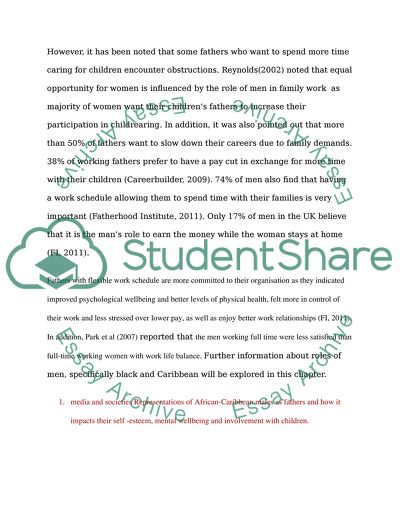Cite this document
(“Exploring the parenting experiences of working class/ non-residential Literature review”, n.d.)
Retrieved from https://studentshare.org/gender-sexual-studies/1419389-exploring-the-parenting-experiences-of-working
Retrieved from https://studentshare.org/gender-sexual-studies/1419389-exploring-the-parenting-experiences-of-working
(Exploring the Parenting Experiences of Working Class/ Non-Residential Literature Review)
https://studentshare.org/gender-sexual-studies/1419389-exploring-the-parenting-experiences-of-working.
https://studentshare.org/gender-sexual-studies/1419389-exploring-the-parenting-experiences-of-working.
“Exploring the Parenting Experiences of Working Class/ Non-Residential Literature Review”, n.d. https://studentshare.org/gender-sexual-studies/1419389-exploring-the-parenting-experiences-of-working.


